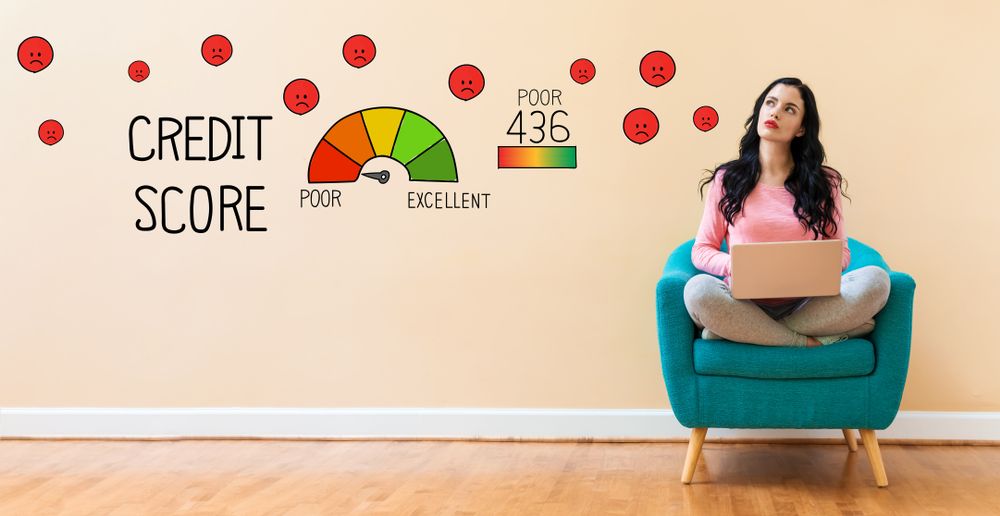Does Your Credit Score Affect Insurance Rates
One landmark study found that credit-based insurance scores are used by about 95 percent of all auto and home insurers in calculating the cost of insurance to individuals.¹ Are you familiar with your credit score?
While the vast majority of insurance companies use credit-based insurance scores to help determine the price of insurance, it is banned in the states of Massachusetts, Hawaii, and California. Some states only allow it as a factor for property insurance like auto and homeowners insurance. Other states allow it to be used with any type of insurance.
Several Factors
Generally, an insurance company will use a credit-based insurance score as just one factor in its underwriting process. Other factors may be considered, depending upon the type of insurance. For example, with auto insurance, other factors could include your zip code, the age of the drivers, the make, model and age of the car, and the number of miles you drive annually.
The use of credit scores to determine insurance rates is rooted in research that has shown individuals with lower credit scores had higher car insurance losses and higher claims payouts.
You can ask your insurance company if a credit-based insurance score was used to underwrite and rate your policy, and in which risk category you were placed.
If you want to improve your credit-based insurance score, you should consider taking the same steps you would to improve your credit rating: make timely debt payments, clear up past disputes and keep credit card balances low.
- Predictive Analytics: Achieving Greater Decision Accuracy, Better Risk Segmentation, and Greater Profitability, Fair Isaac Corporation, 2012 (most recent statistics available).
To learn more about CapSouth Wealth Management and the services we provide, contact us at 800.929.1001 or visit our website at www.CapSouthWM.com
The content is developed from sources believed to be providing accurate information. The information in this material is not intended as tax or legal advice. It may not be used for the purpose of avoiding any federal tax penalties. Please consult legal or tax professionals for specific information regarding your individual situation. This material was developed and produced by FMG Suite to provide information on a topic that may be of interest. FMG, LLC, is not affiliated with CapSouth Wealth Management. The opinions expressed and material provided are for general information and should not be considered a solicitation for the purchase or sale of any security. Copyright 2020 FMG Suite.
CapSouth Partners, Inc., dba CapSouth Wealth Management, is an independent registered Investment Advisory firm. CapSouth does not offer tax, accounting or legal advice. Consult your tax or legal advisors for all issues that may have tax or legal consequences.


